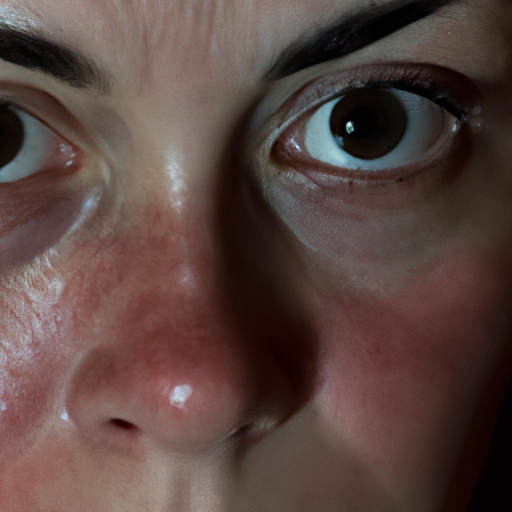Sensitive skin is a common issue that affects a significant portion of the population. It is characterized by a heightened response to stimuli, resulting in symptoms such as redness, itching, burning, and dryness. The causes of sensitive skin can be numerous, ranging from genetic predisposition to environmental factors. However, regardless of the cause, there are several effective treatments and soothing strategies that can help manage sensitive skin.
Firstly, it is essential to understand that sensitive skin requires a gentle approach. Harsh skincare products with strong fragrances, dyes, and other potential irritants should be avoided. Instead, opt for hypoallergenic and non-comedogenic products that are specifically designed for sensitive skin. These products are free from common irritants and are less likely to clog pores, reducing the risk of adverse reactions.
One of the most effective treatments for sensitive skin is the use of moisturizers. Moisturizers play a crucial role in maintaining the skin’s natural barrier, which protects against irritants and allergens. For sensitive skin, it is recommended to use a fragrance-free and oil-free moisturizer that contains ingredients like hyaluronic acid and ceramides. These ingredients help to hydrate the skin and restore its natural barrier function.
Another important strategy is to protect your skin from the sun. Sun exposure can exacerbate sensitive skin symptoms and lead to further damage. Therefore, using a broad-spectrum sunscreen with an SPF of at least 30 is crucial. Look for sunscreens that contain physical blockers like zinc oxide or titanium dioxide, as these are less likely to irritate sensitive skin compared to chemical sunscreens.
In addition to these topical treatments, certain lifestyle changes can also help manage sensitive skin. For instance, maintaining a healthy diet rich in antioxidants can help strengthen the skin’s natural defenses. Foods like berries, nuts, and green leafy vegetables are excellent sources of antioxidants. Moreover, staying hydrated by drinking plenty of water can also help keep the skin healthy and less prone to sensitivity.
It is also worth noting that stress can trigger or worsen sensitive skin symptoms. Therefore, incorporating stress management techniques such as yoga, meditation, or deep breathing exercises into your daily routine can be beneficial.
In some cases, sensitive skin may be a sign of an underlying skin condition like rosacea, eczema, or psoriasis. If your skin sensitivity is severe or persistent, it is advisable to seek professional help. Dermatologists can diagnose any underlying conditions and prescribe appropriate treatments.
Lastly, remember that everyone’s skin is unique, and what works for one person may not work for another. It may take some trial and error to find the right products and routines for your sensitive skin. However, by being patient and consistent, you can significantly improve your skin’s health and comfort.
In conclusion, managing sensitive skin requires a combination of gentle skincare products, sun protection, a healthy diet, stress management, and professional help when needed. By implementing these soothing strategies, you can effectively treat your sensitive skin and improve its overall health and appearance.



